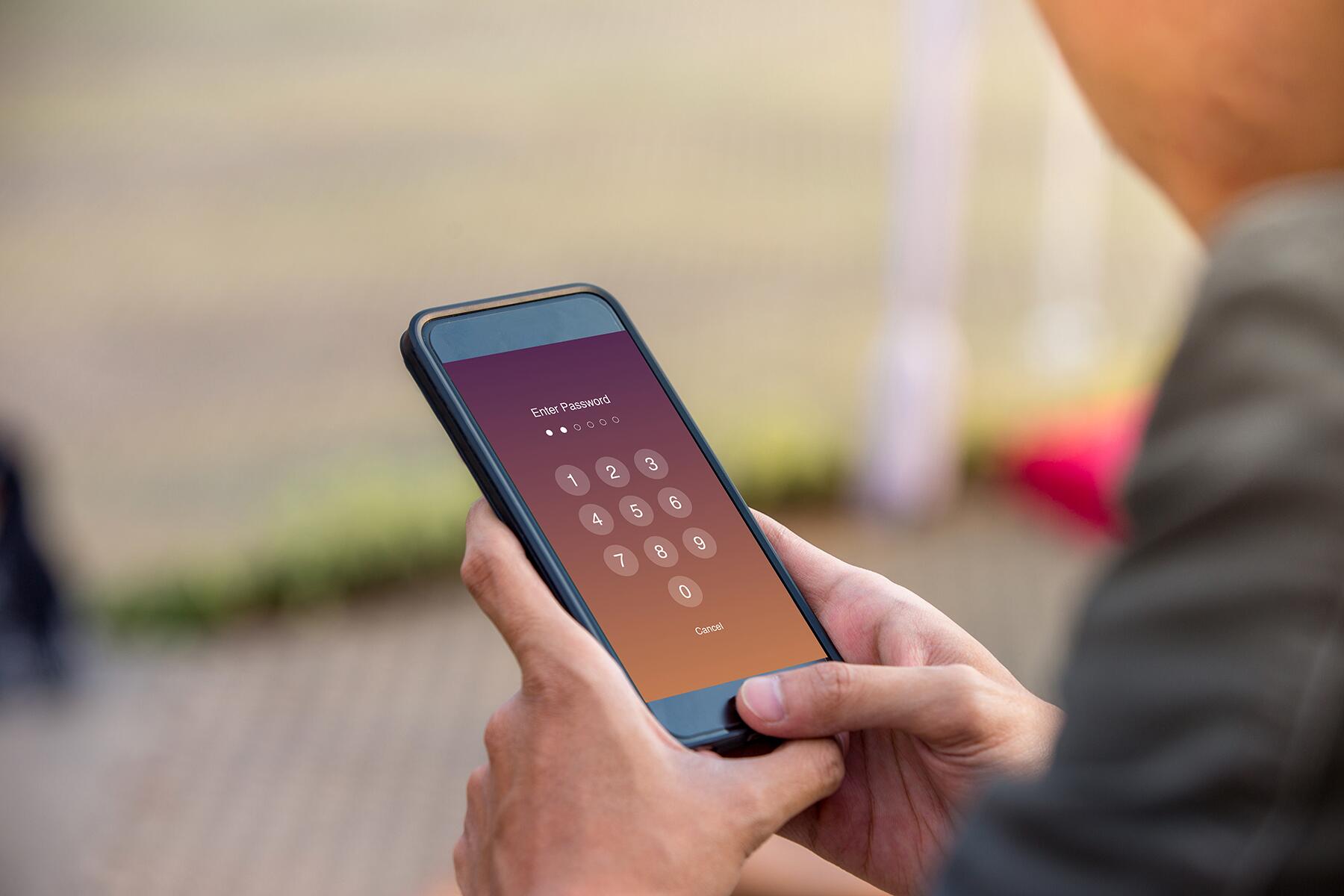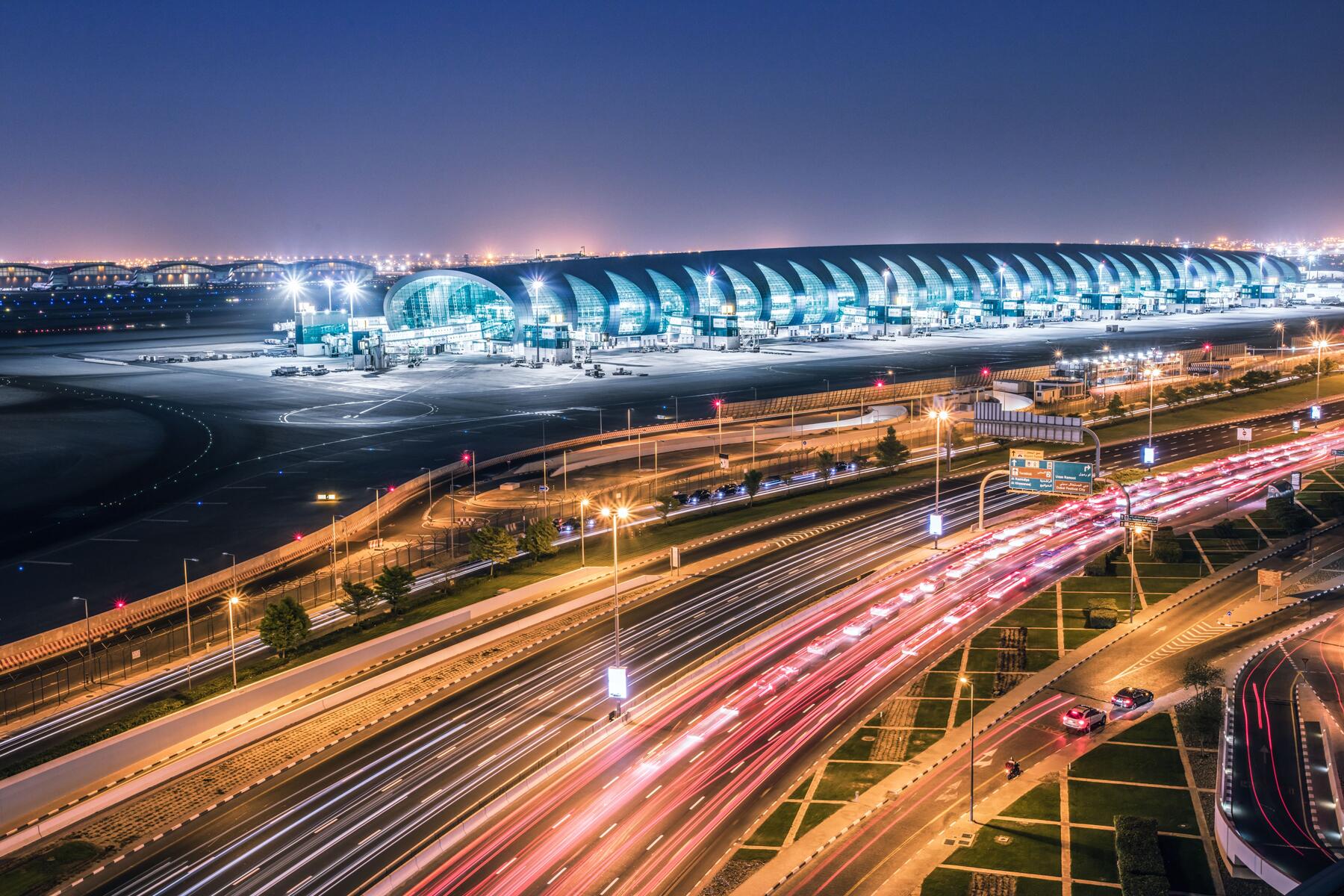When your brain is coping with trauma, wanderlust and travel can seem like an insurmountable mountain to climb.
It’s only when I notice my friend lagging behind that I realize this isn’t normal. The breakneck speed, despite knowing it will flare up my chronic illness. The constant checking that my keys are in easy reach to open the door in a flash.
Walking home in the dark shouldn’t feel this distressing, yes, but most women can, ultimately, relate to some degree. What maybe they can’t relate to is covering their ears at train stations when the noise has made you jump so much that people are staring, or having your feet carry you across the side of the room before either you or anybody you’re with has noticed that there’s a trigger right in front of you. PTSD isn’t just these immediate effects, either. It can give you symptoms such as sleep problems, chronic pain, hypervigilance, lack of memory, dissociation—the list goes on.
Many of the “cool” places travelers associate with culture and arts—that cocktail bar, an island off the grid, a museum after dark—can feel impossible to visit for someone with PTSD. Where there’s unfamiliarity on top of perceived danger—such as nighttime or a lack of phone signal—it can make traveling abroad more intense and off-putting. So, what do you do if you struggle with PTSD and have an insatiable appetite for travel? Here are a few ways I’ve fed my wanderlust as a woman with PTSD.
Recommended Fodor’s Video
Start Small
The idea of feeling fear and ignoring it isn’t always the best idea. There can be a lot of pressure from social media and friends to strike out on your own and have an adventure. Maybe the desire to explore the globe is coming from yourself. Wherever it comes from, make sure that you’re not pushing yourself at the expense of your health. Grief over what you used to, or potentially could have done, without PTSD can be something that feels very potent when considering the world of travel. My advice is to start small. Going out for a day, close to home, can be a good way of testing the waters with traveling, and a practical way of knowing what you need to pack for bigger excursions.
Don’t Be Shy About Setting Boundaries
If you’re traveling with people you know, try to be clear about your boundaries. This can be frightening but can make traveling smoother for both you and your companions. You have a right to say no. Good friends will not only understand but should be overjoyed that you’re taking steps to help yourself, as well as giving them ways to help you. Trauma can make some of us worry about being a burden or taking up too much space, but reframing the way we look at boundaries can help.

Everyone has boundaries and access needs, and approaching them with kindness is the best way to remove stigma and shame around this topic. Remember that setting boundaries will not diminish or impact you being a kind and loving person. Some examples of boundaries you can set while traveling are:
- “I’m okay with going out late at night, but I would not be comfortable with traveling home by myself.”
- “I need quiet time to myself every day. It’s really important to me that I meet my need for alone time.”
- “In a crowded area, I would/would not appreciate you guiding me by touch.”
- “I won’t feel comfortable going to this place of worship and would rather do something else.”
Equally, there may be boundaries that you need to set with yourself. While swept up in the rush of traveling, especially with enthusiastic friends, it can be challenging to say no, even if you know that the idea will trigger you or make you comfortable. These are when making a list of boundaries to stick by yourself can help. Some examples include:
- “I will stick to my budget.”
- “I won’t wear any items of clothing I don’t feel comfortable in, even if everyone else is wearing them.”
- “I won’t drink more than x amount or I won’t drink at all.”
- “I won’t go out alone by myself.”
These boundaries will be unique to you, and while they may seem limiting, it’s more important to feel comfortable while traveling. It can, however, still feel frustrating that you may not be able to do certain things “like a normal person” would, and this is part of the grieving process of trauma. However, by beginning to nurture and care for ourselves in this way, we are healing our inner wounds rather than repeating them, which can lessen PTSD symptoms overall.
Pack Grounding Objects
Traveling can be frightening for specific reasons. Triggers can be anything from a specific smell to a particular type of material, or they can be more general, such as busy crowds or a color. The unknown can often be a trigger for those suffering from PTSD. Having some grounding objects that can bring you back to the present day, can be helpful. Tactile items and smells are often a great way to help distract your mind.
Essential oils are also perfectly travel-sized. I enjoy doodling to ground myself, so a pen and any sort of paper are great for me, as is a tiny bottle of lavender oil. If you like to carry a big bag with you, having a small pouch filled with these different grounding objects can give you soothing reassurance when out and about.

What to Do When You Feel Overwhelmed
I’ve found with PTSD that it can sometimes make you feel like your life isn’t your own. You don’t control the emotional flashbacks, the physical shakes, the emotion-based logic that you can’t quite unreason yourself out of. You have to do damage control for yourself; picking yourself up time and time again. Not only can this make traveling stressful, but it can make it exhausting.
The anxiety over your PTSD symptoms presenting itself can, in turn, aggravate them. It’s a Catch-22. If you try something new and it doesn’t quite work out, remembering that you can leave at any time is one of the ways you can manage anxiety. Tomorrow is always a new day, and healing isn’t linear.
If you can’t quite make it to that crowded museum, why not opt for a walk down the beach instead? If you’re anything like me, you like things to go according to plan, but the spontaneous re-plan can sometimes even be a highlight. If you’re out and realize that you’re getting overwhelmed or overstimulated, here are some useful tips:
- Have a secret code between you and any fellow travelers that can help them realize you’re overwhelmed and may need to leave without alerting anybody else.
- Have a list of grounding techniques stored on your phone. Often, it can be difficult to remember how to get back to the present in the moment. Having an easy list to access can help you refocus.
- Write down how you’re feeling. Texting a friend or writing down your feelings can give you something to focus on rather than panic. Games and puzzles on your phone can help, too, as can fidget toys.
- Ask for help. Have a friend on speed dial who understands your situation; they won’t be available all the time, but having the knowledge that you can call a friend or family member on the way home from, or at, an overwhelming situation can be helpful.
- If possible, remove yourself from the situation. Know that if all that’s stopping you from leaving is expectations, then you can—and probably should—just go. Bathrooms can be an option for a quick breather if you can’t leave just yet.
- Do the next thing. If you’re overwhelmed by an unknown route, for example, think about it in sections. Do you take a left or a right, next? Then focus on the next portion. Have faith in yourself that you know what you’re doing.
Your Disability Deserves Care
The biggest takeaway is that your disability deserves care. You don’t need to defy the odds to “overcome” your disability and make yourself worthy. Going on that perfectly Instagrammable holiday at the expense of your health isn’t worth it. But if you want to travel, there are ways you can make it work for you.

The most important thing is remembering that you deserve the care that PTSD sometimes requires. You can travel at your own pace, in your own way, and have your own kind of adventure. And if that holiday seems like a little too much right now? Traveling via a movie, a book, or that new David Attenborough documentary still counts.



